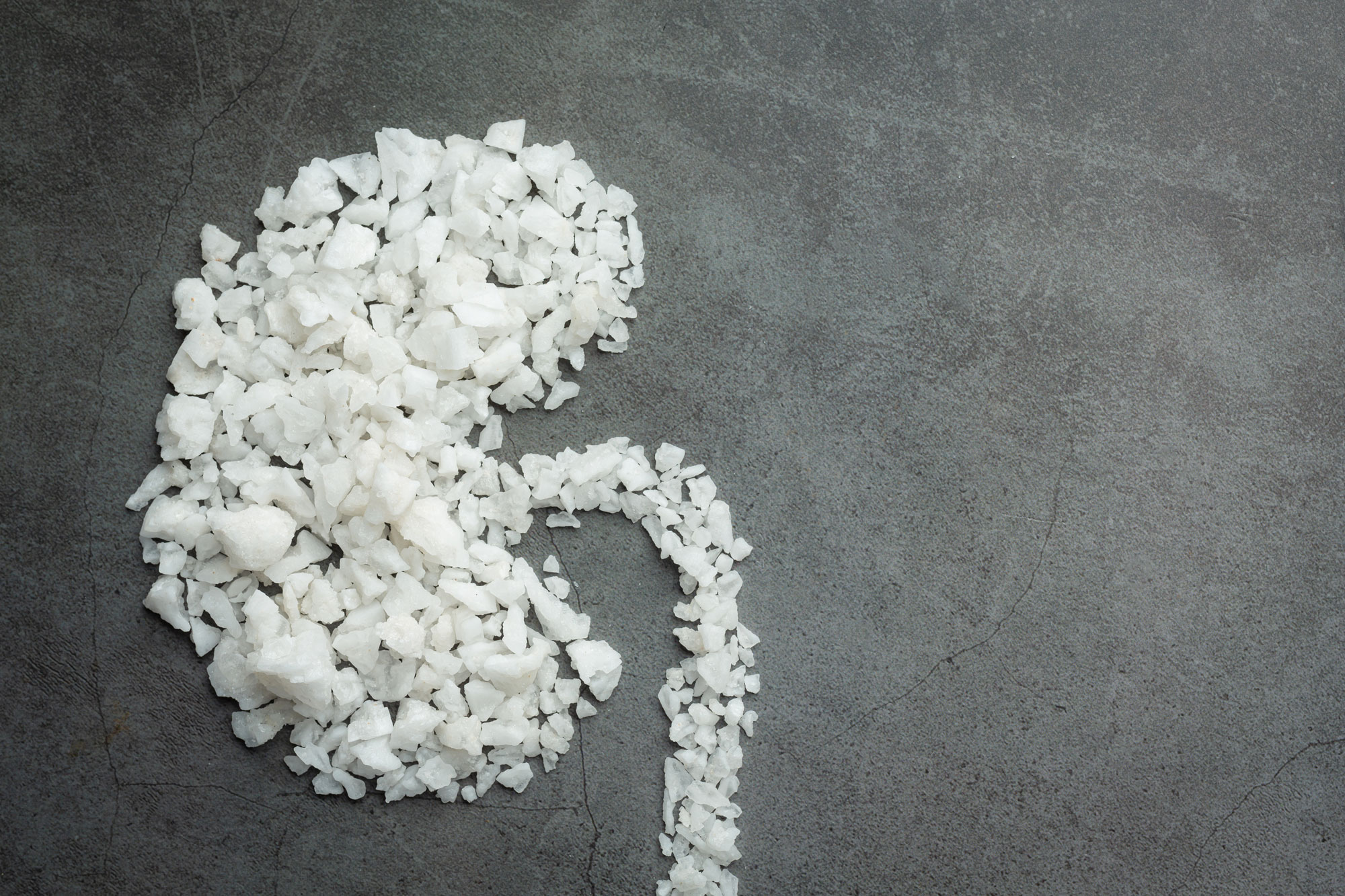
About the visit to the urologist
Traditionally, urology identifies and treats diseases associated with the male genitourinary tract, but this is a branch of medicine that also deals with the diagnosis and treatment of urinary tract diseases in women.
The visit to the urologist is often postponed by men most often due to embarrassment or fear, most often the diseases associated with the genitourinary system remain uncontrolled, and worse, they get worse over time. Therefore, the urologist often treats advanced forms of the disease.
The main conditions that the urologist treats are:
- Prostate in men;
- Cystitis, for both sexes;
- Male infertility;
- Erectile problems;
- Kidney disease;
When we need to go to the urologist:
Doctors recommend an annual urological consultation precisely to prevent conditions that, if not discovered in time, can have serious consequences for your health. Furthermore, men over the age of 40 should have a regular prostate check-up periodically.
A first sign of concern for which you should not postpone a visit to the urologist is the color of the urine:
- Red urine may indicate damage to the kidneys, bladder, or urinary tract infection;
- Green urine indicates inflammation of the prostate, a urinary tract infection or a rare genetic disease;
- Dark yellow urine indicates the need for hydration;
- Orange urine may indicate liver disease or bladder disease.

Other signs of concern may be: itching, burning, pain (moderate to severe) in the genitourinary tract, erection problems.
Urinary incontinence shows the need for immediate urological control. Depending on the conclusions of the consultation, your doctor may recommend monitoring the amount of fluids consumed, avoiding the consumption of foods that irritate the bladder or specialized treatment.
Also, a hyperactive bladder in men implies the need to urinate urgently in intimate moments (after foreplay), thus interrupting sexual intercourse.
As you can see, the discomfort caused by various diseases of the genitourinary system can affect your social life in an unpleasant way. People who face such problems end up locked in the house to avoid accidents (leakage of urine) or if they go out they are particularly concerned about identifying a toilet as close as possible. Intimately, men who suffer from urinary incontinence end up avoiding sexual contact or worse, being sexually inactive.
There are situations in which the constant sensation of urination is accompanied by pressure in the genitourinary area. This discomfort is often caused by organ prolapse, which involves changing one or more organs from their usual positions. In this situation, the doctor will decide if exercise, medication or surgery are necessary to remove a cell mass. In the case of a tumor, the need for a biopsy is obvious.
